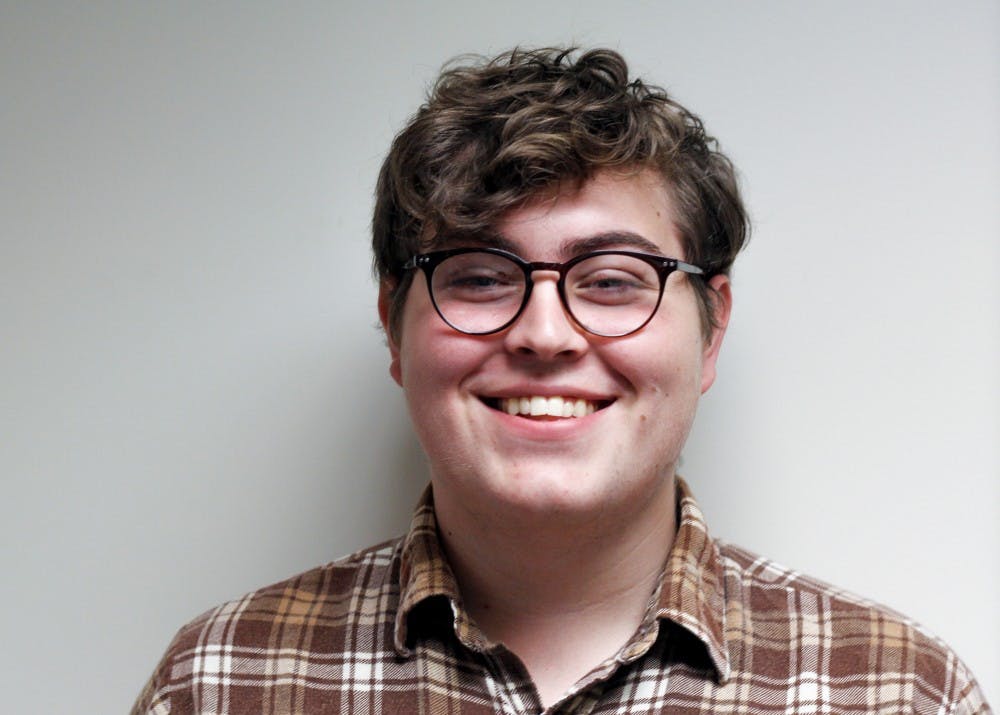Clarification: UNC basketball player Bill Chamberlin was not a part of this boycott. He asked the organizers to remove his name, but it was still included in the press release. The story has been updated to reflect these changes.
Last week a group of Black UNC Alumni, including prominent former basketball player Sam Perkins, announced their plan to boycott UNC’s current capital campaign “For All Kind.”
According to their press release, this boycott, part of a movement called “Hark the Drum,” was driven by the University’s failure to address a “toxic racial climate” which includes an inability to hire and retain Black professors and the continued presence of Silent Sam at the front of campus. This difficult but laudable decision speaks to the larger challenge of supporting UNC in recent years.
The last half decade has been a difficult one for UNC. A long running scandal demonstrated a systemic lack of moral and administrative accountability in athletics while tarnishing the valuable work done in the currently named African American and African Diaspora Studies Department.
The UNC system’s Board of Governors has been co-opted by radical partisan hacks who are more interested in attacking vital projects like the UNC Center for Civil Rights than promoting public higher education.
Unlike peer campuses like Duke or UVA, UNC has failed to remove a campus monument meant to celebrate the Confederacy and intimidate Black people. In response, campus leadership has consistently said too little too late, out of fear of provoking right wing demagogues in the NCGA or brand-damaging athletic sanctions from the NCAA.
To still believe in some sort of mythical “Carolina Way” at UNC after all this you would have to be a naïve fool. Unfortunately I’m exactly one such fool.
Since coming here from Alabama, I’ve truly come to believe there’s something special about the commitment to service and justice at America’s first public university. Something exceptional that’s seeped into the soil even after the injustices of slavery and indigenous displacement were used as cornerstones for the campus.
However, loving UNC is not a passive act.




